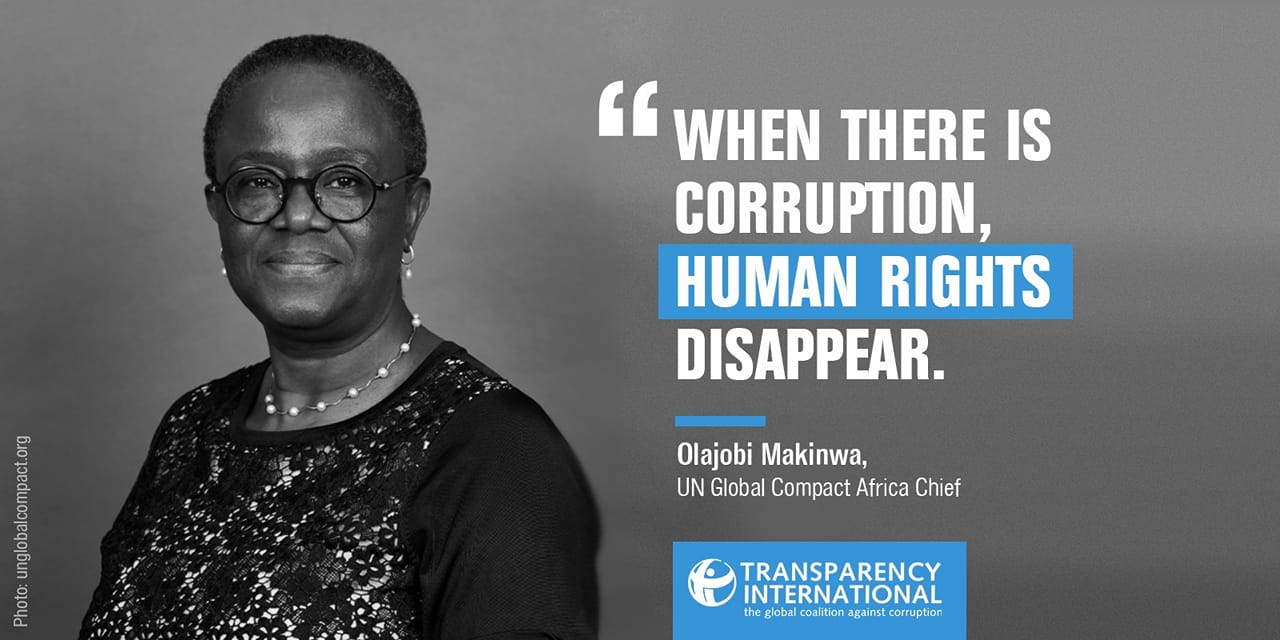By Tatenda Mujeyi
Transparency International Zimbabwe (TIZ) is engaging in a research on the implications of corruption from a gender perspective. This emerged at a breakfast meeting the organization held today in Harare.
The gendered challenges of corruption are argued to be affecting mainly women as the patriarchal nature of Zimbabwean society guaranteed male participation compared to female engagement.
“To what extent can we say women are affected by corruption more than women? There is a legacy of cultural and social implications that sees to society being patriarchal. Despite them bieng the major contributors to agriculture they do not own land, a privilege of their male counterparts,” TIZ Research and Advocacy Assistant Samuel Matikiti said.
While there is a positive realisation on the Government’s gender equality and equity approach, there is still need to formalise the legislative framework to fully cut the imbalances.
Matikiti reckoned that Government has done a lot as the constitution guarantees gender equality through Section 80 (1), Section 17, Section 120 and Section 124 among other constitutional guarantees.
It also emerged that challenges of gendered corruption needed to be centralised as the women contributed the greatest percentage to population.
“Research has shown that there are more women than men in the Zimbabwean society, with women constituting 54 per cent of the total population, yet their conditions are not considered in terms of contributions as well as protecting them from corrupt tendencies considering how they are generally considered more responsible,” TIZ Legal and Policy Officer Fadzai Jekemu said at the event.
The challenges are cross cutting and affect women in various spheres of life as depicted by the inceptive stages of the research.
“Women are prone to corruption be it in accessing basic services, while engaging in politics, and through sexual extortion and trafficking,” Jekemu said.
The gendered challenges of women have seen then bieng sidelined to menial operations within businesses as they have been restricted to the informal sector.
“Women are mainly involved in the informal sector where they are confined to vending and menial jobs with the NSSA Act stating that workers in the informal sector cannot be covered,” Matikiti noted.
The consultative breakfast proferred recommendations that include making the Zimbabwe Anti Corruption Commission (ZACC) more accessible; process specific framework to see gaps and opportunities; increasing demand for gender mainstreaming; and defining a clear ZACC mandate among other issues as presented by U Z lecturer Dr. Manase Chiweshe.
The research has been done in two other provinces with meetings having been successfully done in Mutare and Bulawayo to allow a more quantitative analysis of variant circumstances to enhance accuracy of the research.






